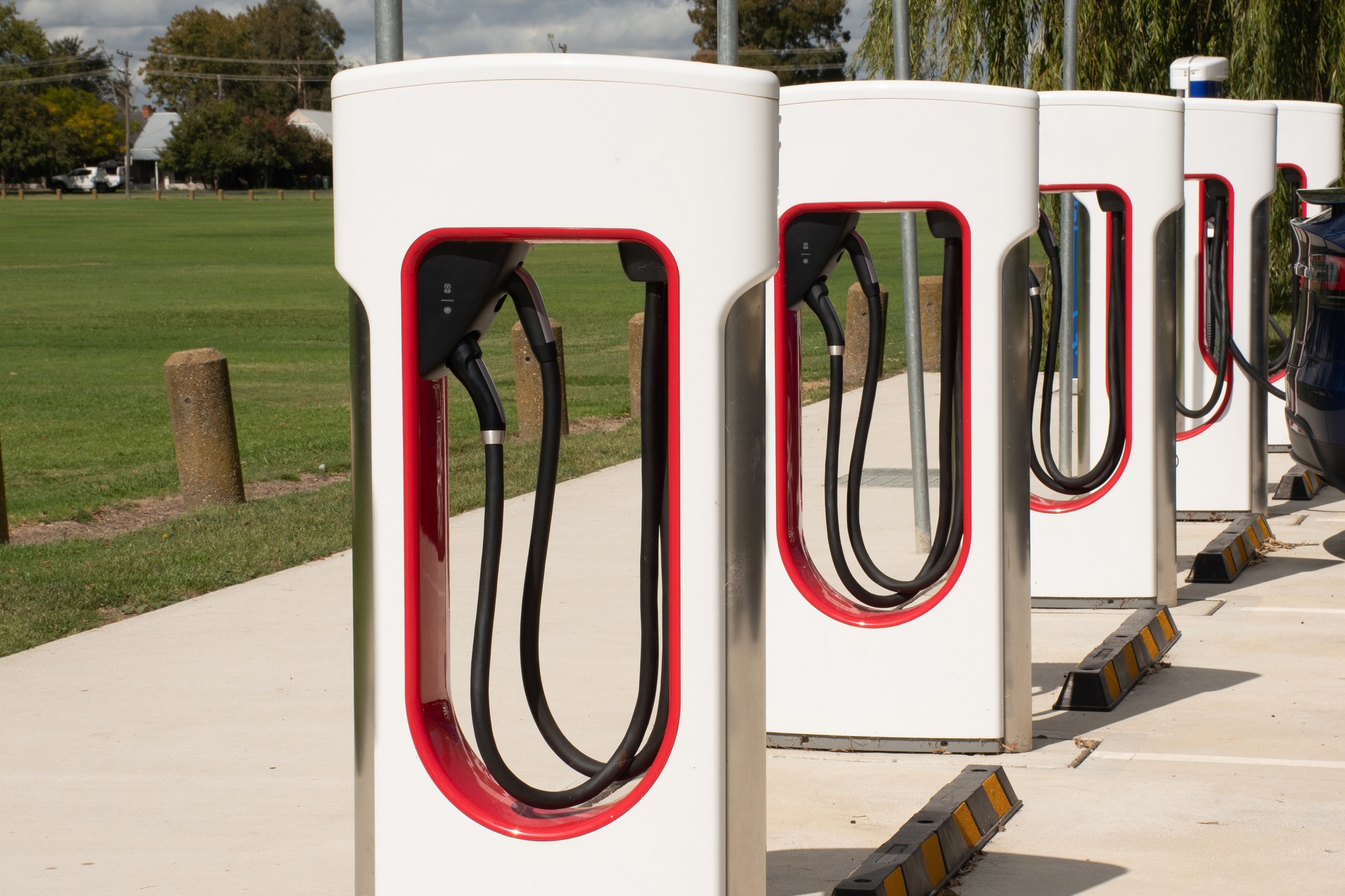Tesla is facing new legal scrutiny after a California plaintiff filed a proposed class action lawsuit claiming the electric carmaker manipulated odometer readings on its vehicles, allegedly to prematurely end warranty coverage and reduce repair expenses.
The suit, filed by Los Angeles resident Nyree Hinton, accuses Tesla of using odometers that calculate distance based on energy consumption, driver behavior, and predictive algorithms, rather than actual miles driven. Hinton argues that this method inflates mileage readings, shortening warranty periods and leaving customers with unexpected repair bills.
Plaintiff Claims 15% Odometer Inflation
Hinton bought a 2020 Tesla Model Y in December 2022, which had 36,772 miles on it. He alleges that his vehicle’s odometer ran at least 15% faster than it should have. According to his complaint, the car once reported 72 miles of daily driving, when his real-world travel averaged only about 20 miles per day.
This accelerated reading caused his 50,000-mile basic warranty to expire sooner than expected, leaving him with a $10,000 suspension repair that he believes Tesla should have covered.
Legal and Financial Stakes
The complaint claims Tesla’s alleged odometer practices allow it to increase repair revenue, reduce warranty liabilities, and pressure customers into buying extended warranties prematurely.
Hinton is seeking compensatory and punitive damages on behalf of California Tesla owners, a group that may include over 1 million vehicles, according to court filings. The case was recently moved from a state court to the U.S. District Court for the Central District of California.
Tesla has not publicly responded to the complaint. The company, which has no formal media relations office, has denied all material allegations.
A Pattern of Litigation?
This lawsuit is not Tesla’s first brush with accusations of misleading vehicle data. In 2024, the company faced a separate class action over allegedly overstated driving ranges. That case was ultimately directed to individual arbitration, preventing a broader class action from moving forward.
The new case, Hinton v. Tesla Inc., raises fresh questions about Tesla’s transparency in handling vehicle data and consumer protections under its warranty policies.







